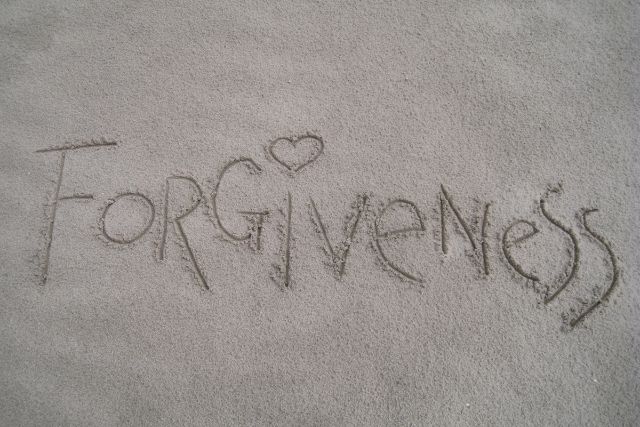Forgiveness in Marriage: Insights from Shania Twain’s Journey
Forgiveness in marriage can be one of the hardest challenges to navigate, especially when faced with betrayal. Shania Twain’s story provides a profound perspective on this complex issue, showing that while you don’t have to stay married to a cheating spouse, forgiveness is still a powerful and necessary part of healing.

Shania Twain’s Perspective: “It’s His Mistake, Not Mine”
In a revealing discussion on the “Great Company with Jamie Laing” podcast, Shania Twain shared her thoughts on her ex-husband Robert “Mutt” Lange’s affair with her close friend Marie-Anne Thiébaud. Despite the deep betrayal, Twain doesn’t harbor hatred. “Do I hate my ex-husband for making a mistake? No. It’s his mistake. Not my mistake,” she said. “So sad for him that he made such a great mistake that he has to live with.”
This perspective highlights an important aspect of forgiveness: recognizing that the wrongdoing is the other person’s burden to bear. This understanding can be liberating for those who’ve been hurt, allowing them to release the emotional weight and move forward.
Forgiveness Is About Letting Go, Not Forgetting
“Forgiveness is in the family of letting go,” Twain explained. “But forgiveness, more specifically for me anyway, is not about forgetting necessarily. It’s about understanding the other person, and that might mean that they’re wrong … Maybe you believe forever that whatever they did was wrong.”
In marriage, struggles are inevitable, and not every conflict warrants ending the relationship. Twain’s insights suggest that forgiveness involves acknowledging the hurt and understanding its source, but not letting it define your life. For those who decide to stay, this approach can help rebuild trust and intimacy. For those who move on, it can foster personal growth and peace.
Responsibility for Our Reactions
Twain’s journey also emphasizes the importance of taking responsibility for our reactions to hurt. “I was uncontrollably fragile over it,” she recalled about the affair, “because I thought for once I was stable. I really believed that I’m safe, so that really devastated me I think more than any other instability I’ve ever felt.”
This vulnerability is a natural response to betrayal, but it’s crucial to understand that our emotional reactions are within our control. Choosing forgiveness doesn’t mean excusing the behavior but rather deciding to not let it dictate your emotional well-being. It’s a powerful step towards healing and reclaiming your life.
Empathy and Understanding
Twain’s ability to forgive extends beyond her marriage. She spoke about forgiving her stepfather, who subjected her to emotional and physical abuse during her childhood. “My father’s a better example, okay, because this is someone that I totally forgive,” she said. Understanding his actions as a result of his own issues, she felt empathy for his struggles.
This level of empathy can be transformative in a marriage. Recognizing that a partner’s hurtful actions often stem from their own unresolved issues can pave the way for forgiveness and healing. It allows couples to address the root causes of their problems rather than just the symptoms.

Forgiveness Is Personal
Ultimately, forgiveness is a deeply personal journey. For some, it may mean staying and working through the issues together. For others, it might mean parting ways but choosing to let go of the bitterness. Twain’s second marriage to Frédéric Thiébaud, the ex-husband of her former friend, illustrates that life and love can continue even after profound betrayal.
Key Insights on Forgiveness in Marriage
- Forgiveness Isn’t Forgetting: It’s about understanding and letting go, not excusing the behavior.
- Own Your Reactions: While the hurt is real, how you respond to it is within your control.
- Empathy Heals: Understanding your partner’s issues can help in the forgiveness process.
- Forgiveness Is Personal: It can mean staying and rebuilding or moving on without bitterness.
Shania Twain’s story is a testament to the power of forgiveness. Whether you choose to stay or move on, forgiving can free you from the past and allow you to embrace a more peaceful and fulfilling future.






